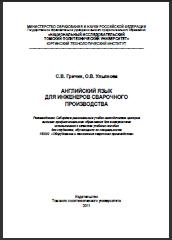
I remember deciding if I should win time and translate it literally and thus jar on the ears of so many Russian viewers, or fall behind the fast speaker, giving each time an explanatory translation (“reducing state budgets and state debt”). My most recent ordeal on TV was a press conference following a meeting of European finance ministers which discussed ways to contain the euro crisis (“anti-contagion measures”). Besides, I noticed that there were many English words which sound like Russian but whose meanings are different. So I started to pick up new words all the time. When I started my education at IADT, I realized that I lacked specific words and terms to do with the fashion industry. Thus, there are accepted varieties now such as Spanglish, Frenglish, Japlish, and Denglish, a combination, or a mix of English and Spanish, French, Japanese, and German, respectively, where English components and English vocabulary have been introduced into the said language. It goes without saying that as a result of careful and long-term language planning, English is nowadays accepted as an international language, the lingua franca of the modern age. This turned out to be quite entertaining for a day at the office, and I’m sure there is a lot more fun to be had in this area. Over on Facebook we asked fans to translate – word for word – sayings from their language into English where the translation really doesn’t make sense in English. We got access to authentic US press, to Western books and original movies, and native English speakers came to teach English at our universities. Since the collapse of the former Soviet Union, changes in the post-Soviet societies and their languages took place in front of our eyes. The influence of English on the Russian language And, being the language lovers that we are, we like to get behind any sort of celebration of language.

The reason we thought May would be a good month to focus on Russia is that the 24th of May is Slavonic Literature and Culture Day which, as it says, is a celebration of Slavonic literature and culture, as well as the Cyrillic alphabet.

Our blog posts on Russian Englishīabes and babushkas: It’s Russian English month! Please contact us if you would like to contribute.


 0 kommentar(er)
0 kommentar(er)
